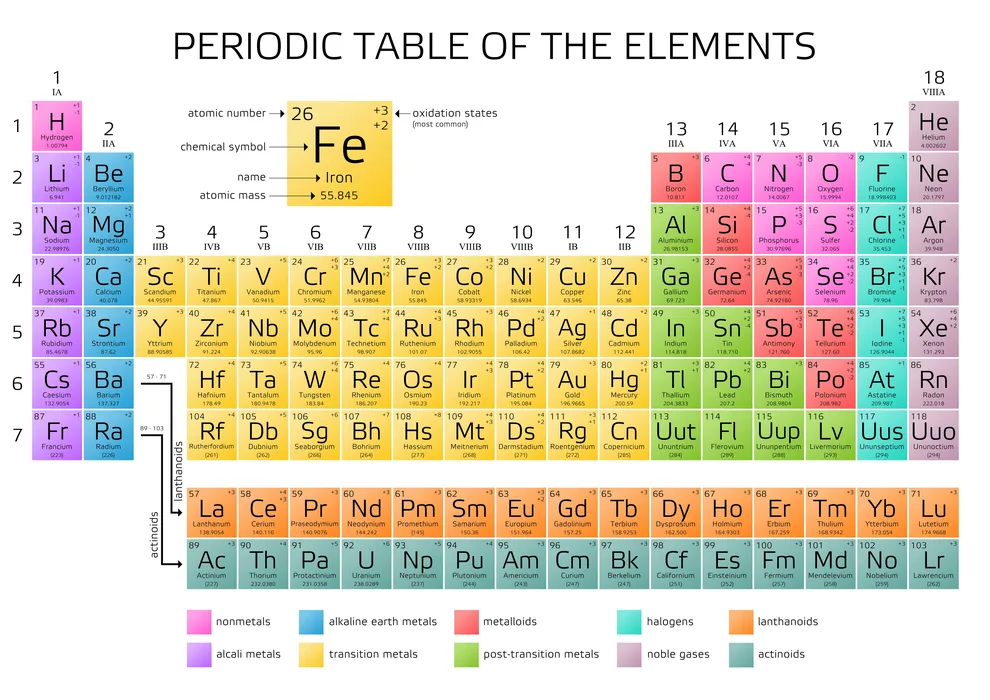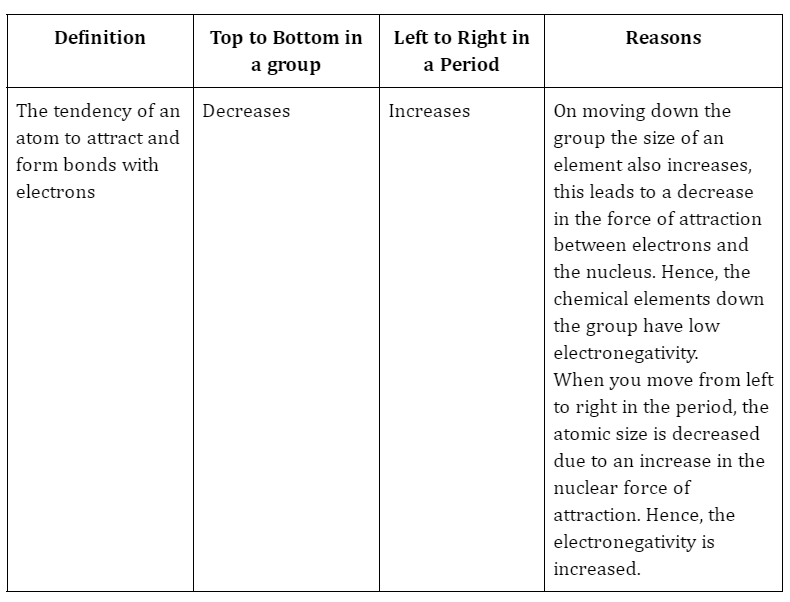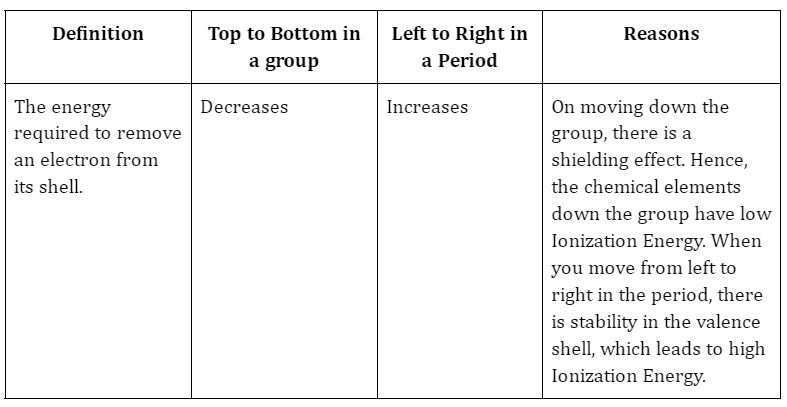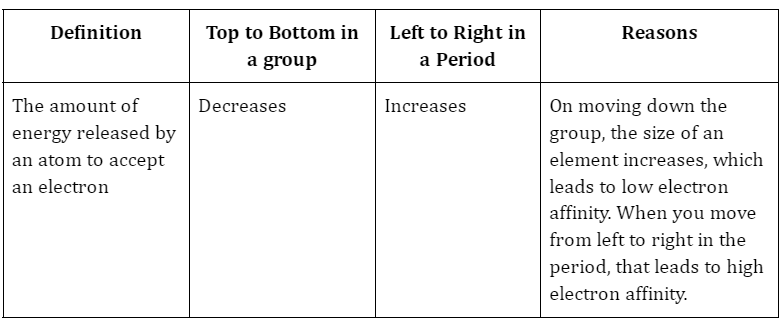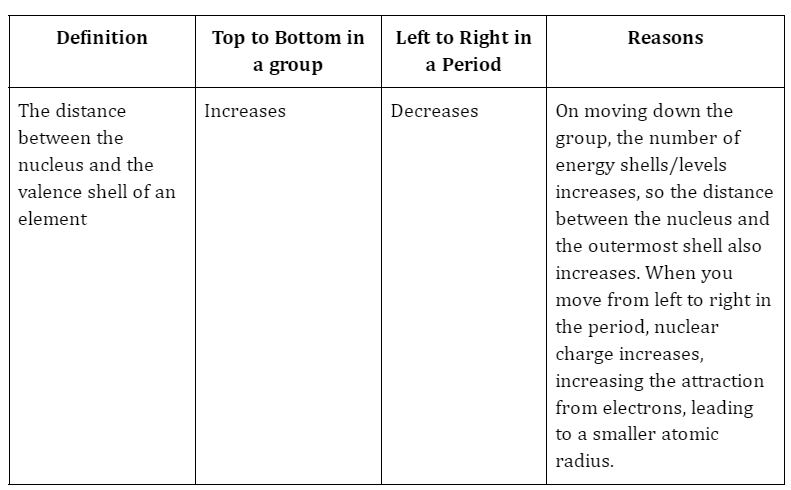Element Symbols in Chemistry: An Overview
Element names were originally derived from popular locations where they were discovered. The same as the copper taken from Cyprus. Furthermore, specific colours inspired some names. Gold, for example, was named after the English word for yellow.
Element symbols and names are currently approved by the International Union of Pure and Applied Chemistry (IUPAC). It is worth noting that many symbols are usually the first one or two letters of their English name. In addition, the first letter of a symbol is always capitalised or uppercase.
Furthermore, the second letter can be lowercase. Examples include hydrogen H, aluminium Al, and cobalt Co. Furthermore, some elements’ symbols are created by combining the first letter of their names with a letter that appears later in their names. Two examples are chlorine and zinc.
There are symbols based on Latin, Greek, or German names for elements. For example, the symbol for iron, Fe, is related to the Latin name Ferrum. This also applies to sodium (Na) natrium and potassium (K) kalium. As a result, each element has a distinct name as well as a chemical symbol.
| Symbols of elements derived from the first letter | |
| Nitrogen | N |
| Sulphur | S |
| Fluorine | F |
| Phosphorous | P |
| Iodine | I |
| Symbols of elements derived from the first two letters | |
| Barium | Ba |
| Lithium | Li |
| Beryllium | Be |
| Neon | Ne |
| Silicon | Si |
| Calcium | Ca |
| Argon | Ar |
| Nickel | Ni |
| Symbols of elements derived from the first and third letters | |
| Arsenic | As |
| Magnesium | Mg |
| Chlorine | Cl |
| Chromium | Cr |
| Manganese | Mn |
| Zinc | Zn |
The table below provides a few symbols of the elements that are derived from their Latin names:
| Element | Latin name | Symbol |
| Gold | Aurum | Au |
| Copper | Cuprum | Cu |
| Mercury | Hydrargyrum | Hg |
| Tin | Stannum | Sn |
| Lead | Plumbum | Pb |
| Antinomy | Stibium | Sb |
Summary
The atomic symbols can be used to calculate the number of protons, neutrons, and electrons. Because using the elements’ actual names can be time-consuming, a symbol is useful. Symbols are frequently used to represent chemical reactions. The atomic symbols aid in the identification of the constituent elements of a compound, as well as the element’s grouping and time period.
Frequently Asked Questions
1. What is the meaning of atomic mass?
Ans. The number of particles in an atom of an element is measured by its atomic mass. If the relative abundances of the various isotopes are taken into account, it is an average number.
2. How can molecules be identified from atoms?
Ans. Molecules are made up of two or more atoms, while the atoms themselves are the smallest component of an element.
3. What exactly is a covalent bond?
Ans. The interchange of two electrons across atoms produces a covalent bond, which is a chemical interaction.


